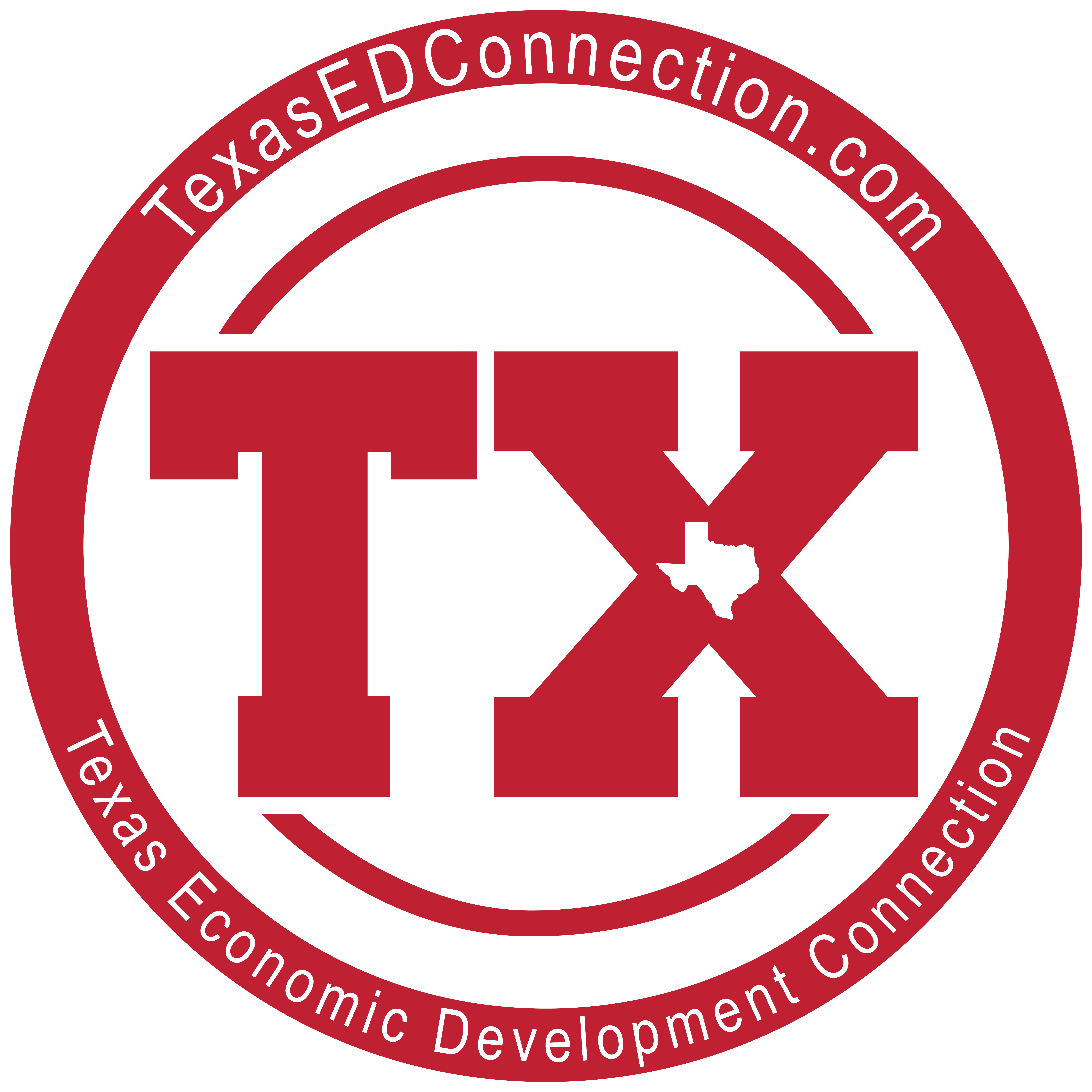Texas’s size and diversity can be overwhelming when contemplating moving to Texas. Dividing the state into regions makes it much easier to determine where to relocate a business in Texas.
Like the rest of Texas, the center of the state continues to see explosive growth. Drawn by affordable real estate and a low-tax environment, businesses and families alike are moving to Texas and making Central Texas their home.
Intrigued? Here are nine things you should know about this region.
Where to Relocate A Business In Texas: Central Texas
Location: The Central Texas Region stretches from Hillsboro on the north to Interstate 45 on the east to East Yegua Creek on the south and to the conjunction of the San Saba and Colorado rivers.
Area: Sprawling across 17,400 square miles, this region encompasses 20 counties. It’s home to three metropolitan statistical areas: College Station-Bryan, Waco and Killeen.
Population: Population-wise this region is one of the state’s smaller regions. It’s home to about 1.2 million people, which is about 4.3 percent of the total population of Texas.
It’s growing: Like the rest of the state, this area’s popularity is burgeoning. Since the 2010 census the Central Texas Region has seen more than 10 percent growth. Thanks to the popularity of the home improvement show Fixer Upper, which has its home base in Waco, that city and its surrounding communities are seeing a surge in growth.
Home bases: Fort Hood, the country’s largest military base and Texas A & M University, one of the state’s top universities are both located in this region, which is also home to Texans’ favorite ice cream, Blue Bell.
Education: Texas A & M isn’t the only renowned university in the area. It’s also home to Baylor University and the University of Mary Hardin Baylor. The Central Texas region also boasts a number of technical and community colleges.
Business opportunities: The Central Texas Region has several active and involved economic development corporations, including Brenham-Washington, Copperas Cove, Fairfield, Hamilton and Lampasas. Many of these economic development corporations may be able to offer tax incentives to businesses looking to expand in their communities and to entrepreneurs opening new businesses.
Industries: The Central Region of Texas includes a wide range of industries, including educational services, animal production, pipeline services, civil engineering, and construction.
Transportation: Although it is landlocked, the Central Region offers a number of transportation options. I-35, one of the country’s main north-south interstates, runs through the center of the region. It’s also home to the newer I-45 as well as rail lines. Several regional airports provide air transportation in and out of the region.
Contact TexasEDConnection for more information on moving to Texas
TexasEDConnection is composed of economic development professionals who provide business relocation consulting services at no cost to companies. If you would like additional information about where to relocate a business in Texas, click here to schedule a consultation with the Texas experts at TexasEDConnection.




